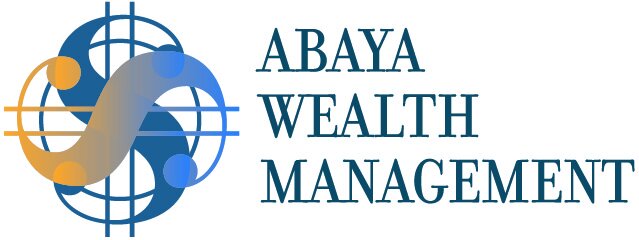Tech Support Scam Warning Signs and How to Stay Safe Online
Cyber-crooks routinely play on our fear of viruses and hackers to swipe money or personal information. Many bad actors masqueradeas household names—Apple, Microsoft, Amazon—or as trusted security brands like Norton or McAfee. The logos change, but the con remains the same.
This scam typically starts when you respond to an unsolicited phone call or pop-up warning on your device. The scammer will ask for remote access to your computer to run a phony test, which pretends to detect malware or viruses. After using this to scare you, they pressure you to pay for “repairs,” new software, and other products and services you don’t need.

